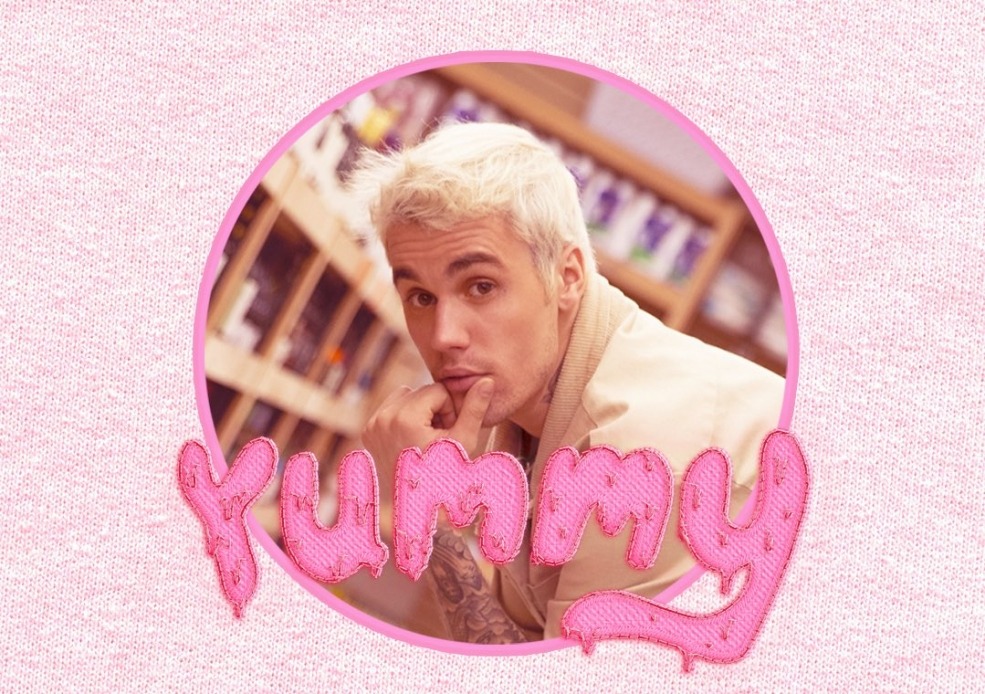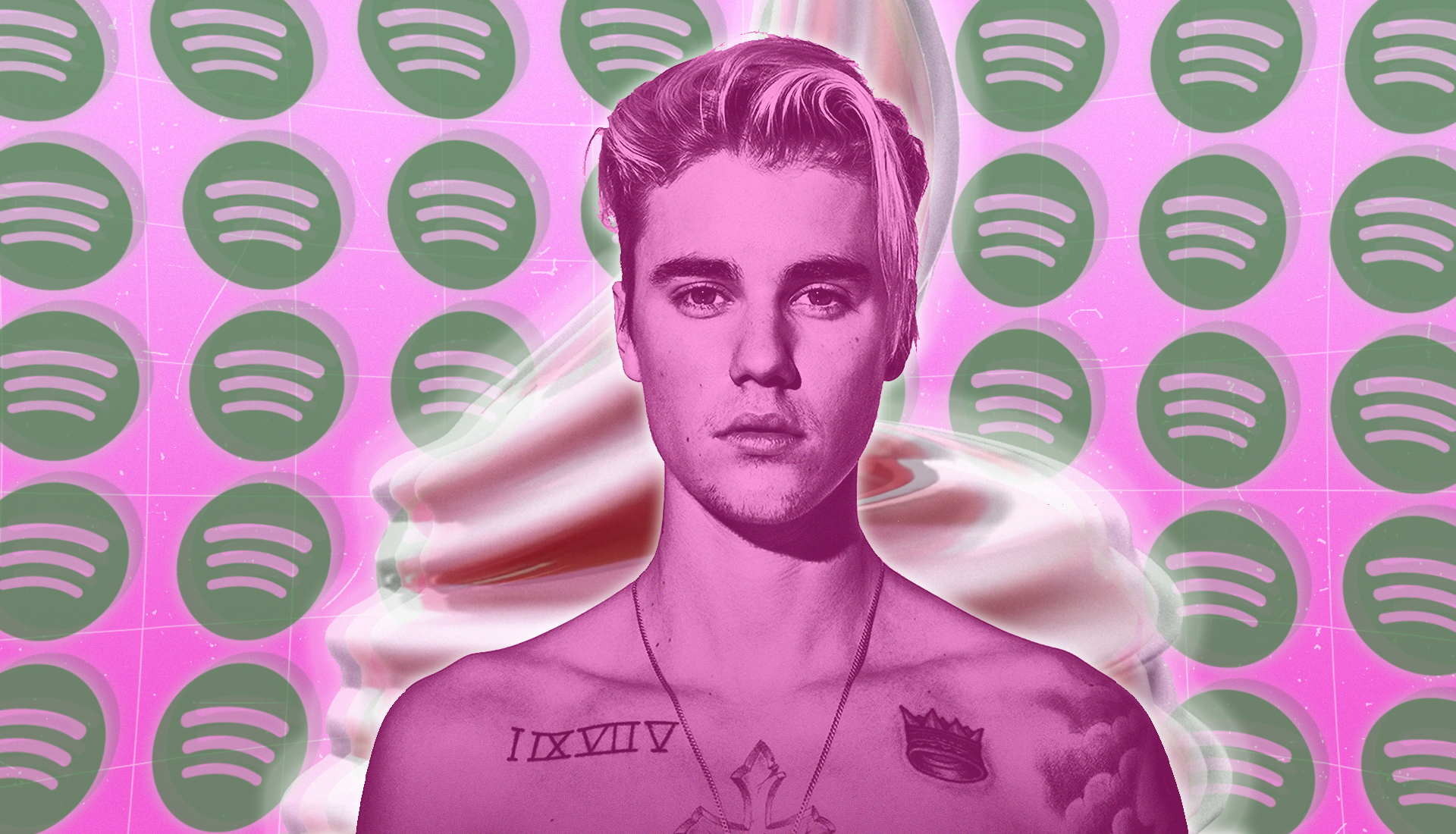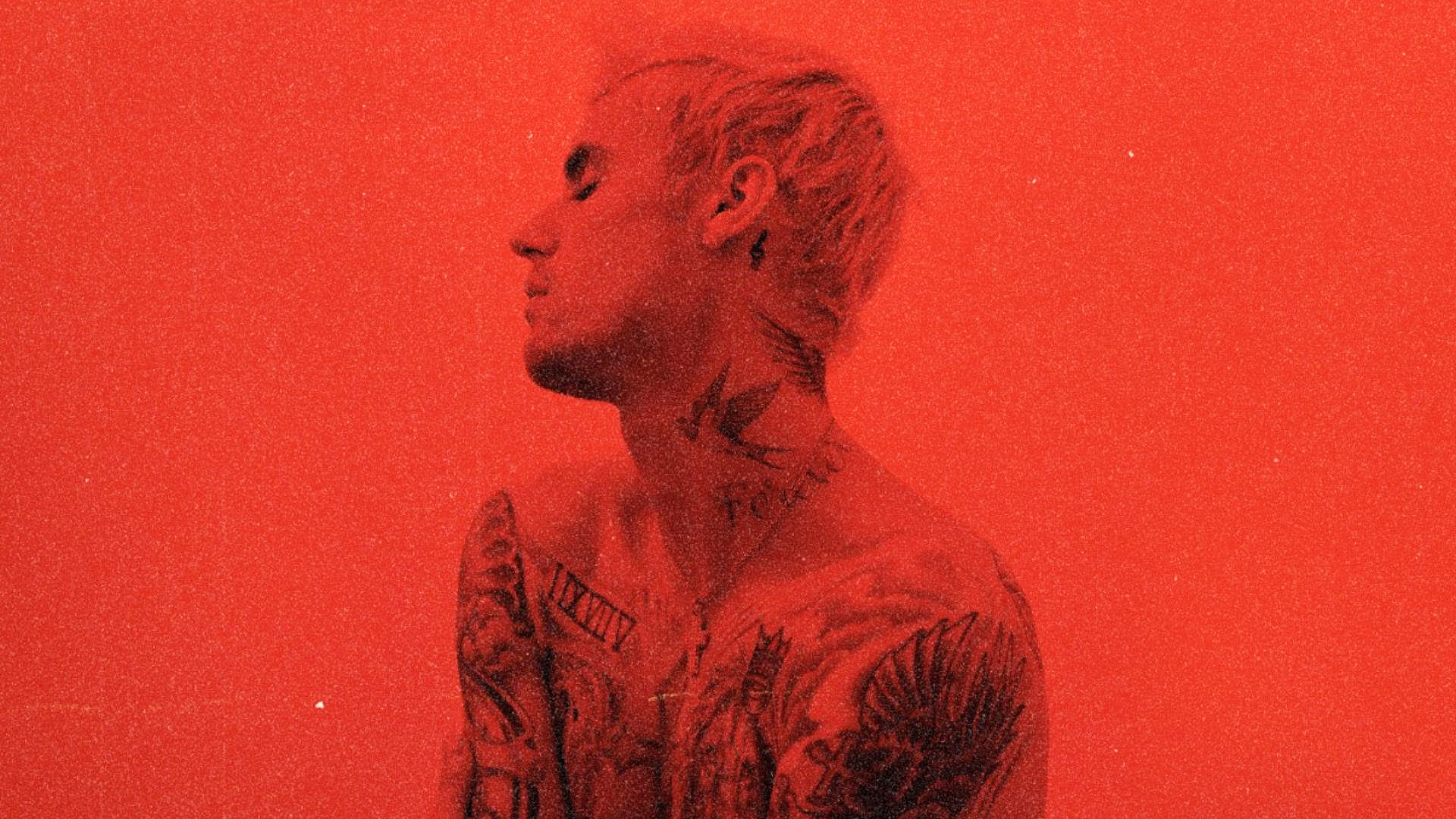Justin’s taken a leaf out of DJ Khaled’s book and has asked his fans to stream his new single ‘Yummy’ on loop – even when they’re asleep.
By now I’m guessing you’ve probably listened to Justin Bieber’s first solo single in nearly five years, the obviously-written-for-Tik-Tok track ‘Yummy’ that was released at the beginning of the month.
With a bog standard R&B instrumental and a monotonous hook that repeats the song’s title over and over, Justin’s return has been met with a widespread shrug from music critics and fans alike. It’s fine, but nothing to write home about.
That universal ‘meh’ response has reflected in the track’s performance on the Billboard charts, as it failed to reach the number one spot in its first week. It’s a surprising and unexpected turnout considering Justin is arguably one of the biggest pop stars ever – and it seems his management aren’t happy either.
Justin asked fans to mindlessly stream and purchase ‘Yummy’ from both Spotify and iTunes via a now deleted Instagram repost several days ago, advising that it’s best to listen at low volume or ‘when you’re asleep’. Other tips also include using a VPN to pretend you’re in the US when you’re not, creating playlists with only ‘Yummy’ on them, and linking directly to the YouTube music video wherever possible. Basically, fans should just spam the song to absolute death in order to help the song reach the top position.
This kind of behaviour is the worst example of big name artists abusing the streaming system to gain accolades they don’t deserve. It’s inauthentic, lame, and unnecessary. He’s also not the first to do it. Labels frequently adopt new ways to try and help numbers and chart positions including deluxe albums, giveaways, and shorter EPs that encourage multiple repeat listens.
It’s further evidence that pop music in 2020 has reached a bizarre place where the song itself is created with social media apps (particularly TikTok) in mind. Algorithms, length, album covers, and the overall marketing of the product are all essential elements in creating a popular track, often taking precedence over the quality of the song itself. Such seems to be the case with ‘Yummy’.






















